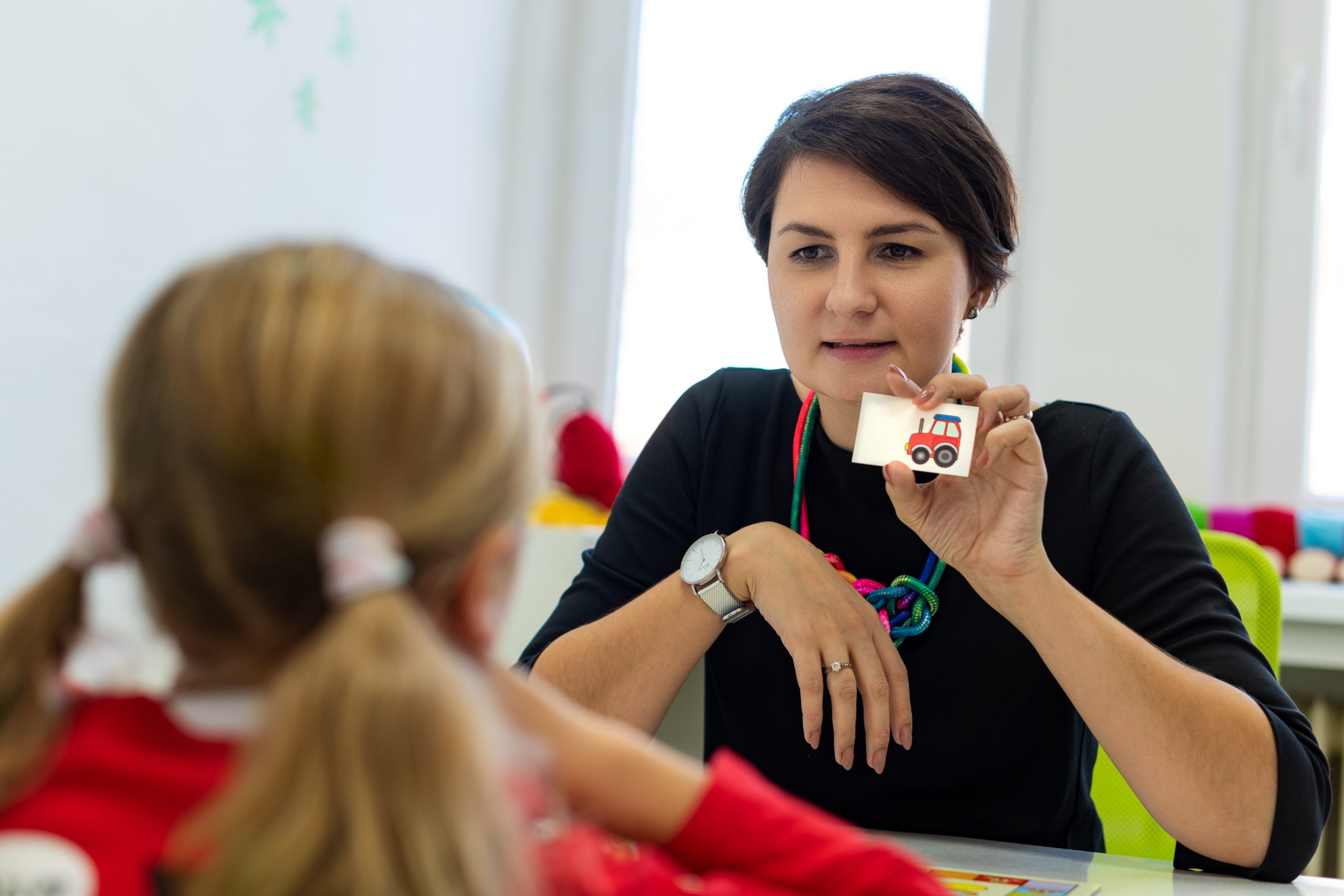
But RTLits say much-needed one-on-one support will be less available. © andreaobzerova AdobeStock
<h2>Rural school principals in New Zealand are facing a dual resourcing crisis when it comes to learning support specialists, says Jane Corcoran from education union NZEI Te Riu Roa.</h2>
<p>The country’s largest union says that due to the geographical location, many rural schools are struggling to access Ministry of Education Learning Support specialists such as speech language therapists to meet their students’ needs, as well as not getting funding for learning support coordinators based in their schools.</p>
<p><a href="https://www.schoolnews.co.nz/latest-print-issue/" target="_blank" rel="noopener"><strong>Read the latest print edition of <em>School News</em> HERE</strong></a> </p>
<p>“A national shortage of learning support specialists means rural principals are always on the back foot when it comes to getting learning support for their students because those specialists are hard to come by in isolated areas,” says Jane Corcoran, principal at Brunswick school in Whanganui.</p>
<figure id="attachment_30495" aria-describedby="caption-attachment-30495" style="width: 300px" class="wp-caption alignnone"><img class="size-medium wp-image-30495" src="https://www.schoolnews.co.nz/wp-content/uploads/2024/05/AdobeStock_163289126-300x225.jpeg" alt="" width="300" height="225" /><figcaption id="caption-attachment-30495" class="wp-caption-text">Learning support is difficult to access for rural schools. Image: AdobeStock by AUFORT Jérome</figcaption></figure>
<p>Learning support specialists, such as speech language therapists and psychologists, travel vast distances visiting multiple schools across rural regions, and shortages in the professions means they can end up overworked. This impacts teachers and principals as well as children.</p>
<p>“It’s a perfect storm of high demand and low supply where principals, teachers, and learning support staff end up overstretched. At best it’s a challenge for specialist staff to make it to the gate of small and isolated schools, at worst, it’s virtually unrealistic. Those that do travel long distances to support a student in an isolated place like Great Barrier Island end up overworked, and that takes a toll on everyone trying to meet those children’s needs.</p>
<blockquote>
<p>“The effect of this on principals of small, isolated schools is that we end up taking on the responsibilities of the teacher and the special educational needs or Learning Support coordinator job, and fulfilling roles covered by two separate job descriptions.</p>
</blockquote>
<p>“Providing adequate support for a child with learning challenges requires identifying their needs, making referrals, liaising with agencies, then managing any recommended strategies and taking responsibility for ongoing monitoring and reporting. This role lands solely on a teaching principal’s desk in many small and isolated schools. It’s a huge job and takes up many extra hours on top of a full principal workload.</p>
<blockquote>
<p>“Learning support specialists are essential, and principals rely on them to manage student wellbeing. If that workforce suffers, we quickly see the impact of that on children and classrooms.”</p>
</blockquote>
<p>Ms Corcoran says that as well as addressing the inequity students and staff face in accessing Ministry of Education Learning Support in rural, isolated schools, the Government must commit to more funding to ensure success for students and reduce support staff workload demands.</p>
<p>“What rural schools need is more funding for staffing so we can attract the best and the brightest people into our communities and retain them. The Government risk putting us at a disadvantage precisely because of our rural status and because we can’t access secure funding.”</p>

Teacher guide for the new PAT tuhituhi | writing assessment for Years 5 to 10…
Banning AI won’t cut it, says one science teacher. So how can schools and teachers…
Are stressed teachers contributing to the dysregulation we see in classrooms? Rebecca Thomas asks in…
Henbury School Principal Sarah Corry offers a candid, heartfelt insight into leadership burnout, resilience, and…
For many of us, calling our teachers by their first names would have been unthinkable.…
NZEI Te Riu Roa is considering legal action against the government for the disestablishment of…
This website uses cookies.